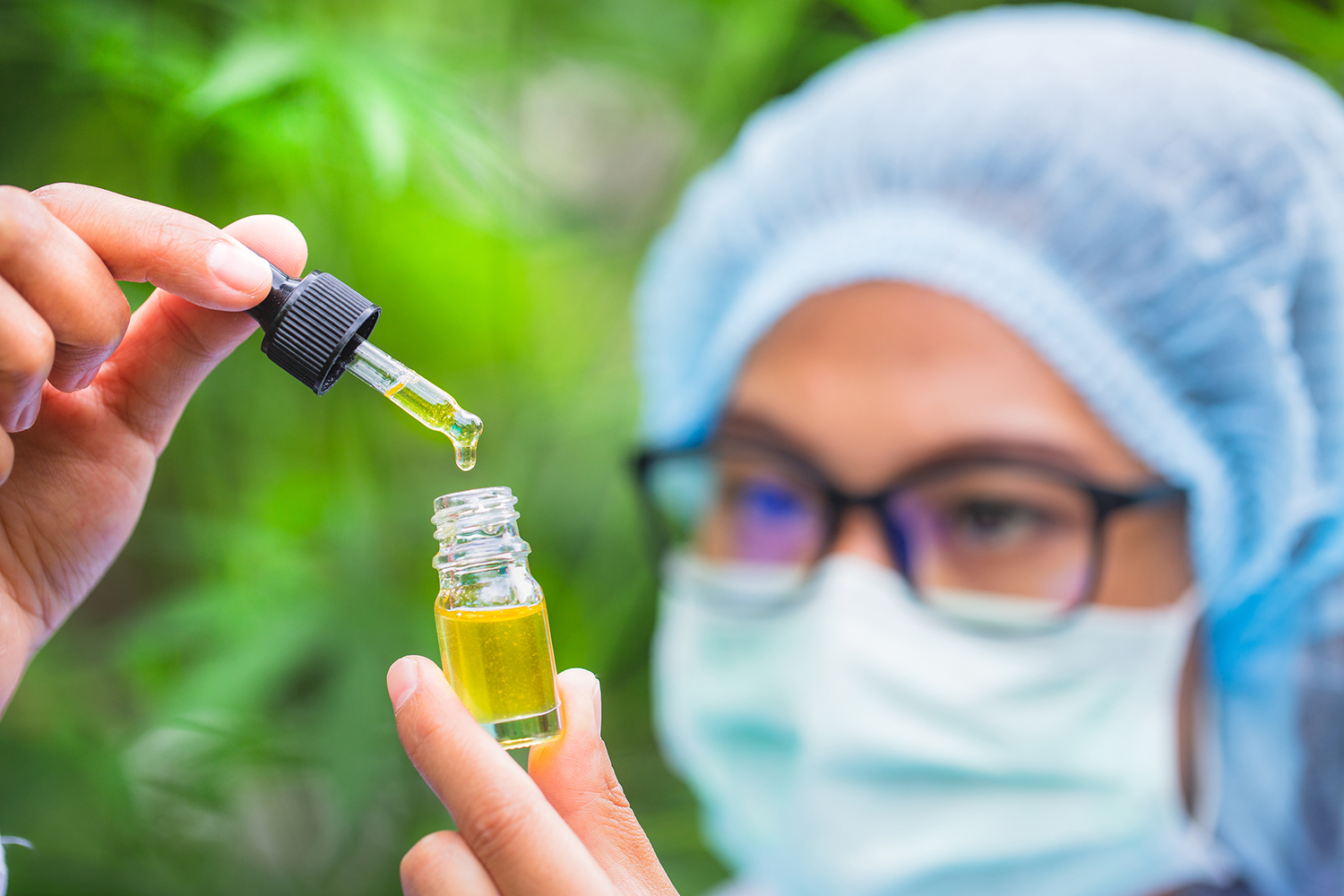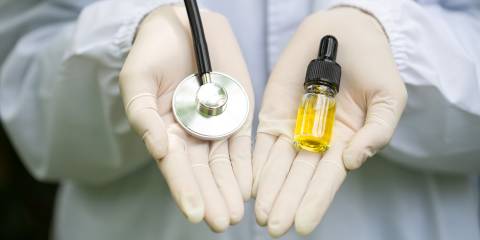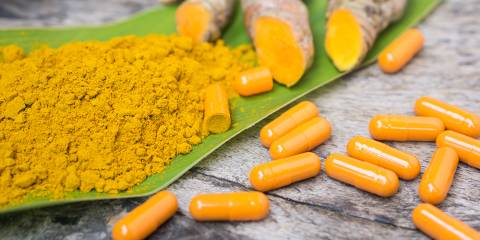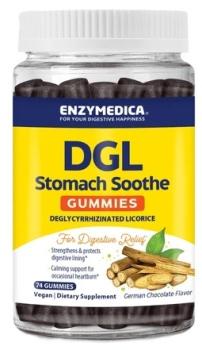Ever since the 2018 federal farm bill legalized hemp (cannabis with less than 0.3 percent THC), non-euphoric yet widely medicinal CBD-rich cannabis products have flooded the market. CBD and more drug-like THC are the two best known and the most abundant cannabinoids in cannabis, yet 100 to 200 cannabinoids can exist in the plant.
Is CBD Legal?
The ever-evolving legality of cannabis products and specific cannabinoids continues to shift within the federal government as well as state by state.
Cannabidiol (CBD) supplements are obtainable in much of the US. A non-psychoactive compound derived from the cannabis plant, CBD is being studied for its effects on many health conditions. Each state has laws regarding CBD with varying degrees of restriction. Learn about CBD’s status in your state at www.CBDCentral.com.
However, it’s clear that Pandora’s cannabis box has opened, and our interest continues to develop in the diverse phytochemistry of cannabis strains and products as well as the various health benefits.
Current CBD Research
As our interest in medicinal cannabis grows, we are seeing an increasing spotlight on some of the other common cannabinoids. The research on non-THC cannabinoids is still highly preliminary and mostly consists of preclinical lab and animal studies.
CBD (cannabidiol) started the non-THC cannabis movement and remains a promising cannabinoid to relax and uplift without getting high, support folks with anxiety, indirectly support sleep, decrease inflammation, modulate immune function, and support neurological well-being.
Cannabinoids To Watch
Here are two emerging cannabinoids of note that do not contain the psychoactive euphoric effects of THC:
-
CBDA (cannabidiolic acid)
CBDA is the precursor to CBD that is found in raw and fresh cannabis flower buds. It’s transformed into CBD via heat/decarboxylation.
However, it’s gaining attention for its own health benefits: It is anti-inflammatory and analgesic, and it binds to serotonin receptors 100 times more powerfully than CBD.
Serotonin has mood-boosting and relaxant properties, but be careful to avoid high doses of CBDA and don’t use it alongside serotonin-enhancing medications like SSRIs until we better understand the effects and potential risks.
-
CBG (cannabigerol)
CBG (cannabigerol). We’re still learning about CBG’s benefits, which appear to include analgesic, muscle relaxant, and anti-inflammatory effects for pain; anticancer, antinausea, and appetite stimulation effects helpful for people with cancer; and antimicrobial and neuroprotective effects.
Cannabinoids and Mental Health
Mental health professionals who work with cannabinoids with their clients report impressive benefits, but that can vary by cannabinoid and by person. For example, Vicki Anderson, PsyD, a licensed psychologist in New Hampshire and a cannabis educator, often considers the following:
- CBD for anxiety support
- microdoses of CBDA for depression
- CBG for relaxant effects
Individuals may find that one works better for them than another, so taking time to explore your options and listen to your body can be helpful.
Choosing Your Cannabinoids
These are just a few of the potentially beneficial cannabinoids. If you hope to work with them, consider seeking strains specific in these constituents, which might be harder to find in general commerce.
Read labels carefully and consider asking suppliers for guidance, including for a Certificate of Analysis for the full cannabinoid profile of the product you hope to buy.
Products made with only isolated CBD are unlikely to provide the other cannabinoids, whereas full spectrum, whole plant, and crude hemp flowers are more likely to provide a greater array of cannabinoids as well as the “entourage effect.”
Cannabinoid Dosage
With cannabis, taking the minimum effective dose will often provide the most long-term benefit. With high doses, the body is likely to reduce cannabinoid receptors and have a decreased effect over time.
Cannabinoids in Home Remedies
You can purchase specific strains of hemp flowers from growers or dispensaries and then make your own remedies at home to emphasize the cannabinoids you want, at a reduced cost. The Wholistic Healing Guide to Cannabis by Tammi Sweet is an excellent resource. Research shows synergistic and entourage effects from the whole flower form.





